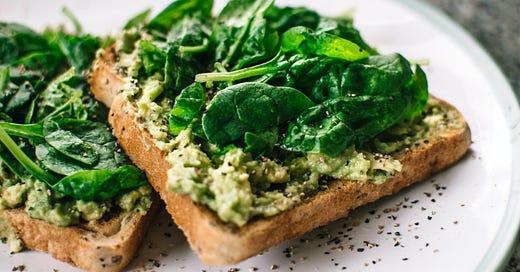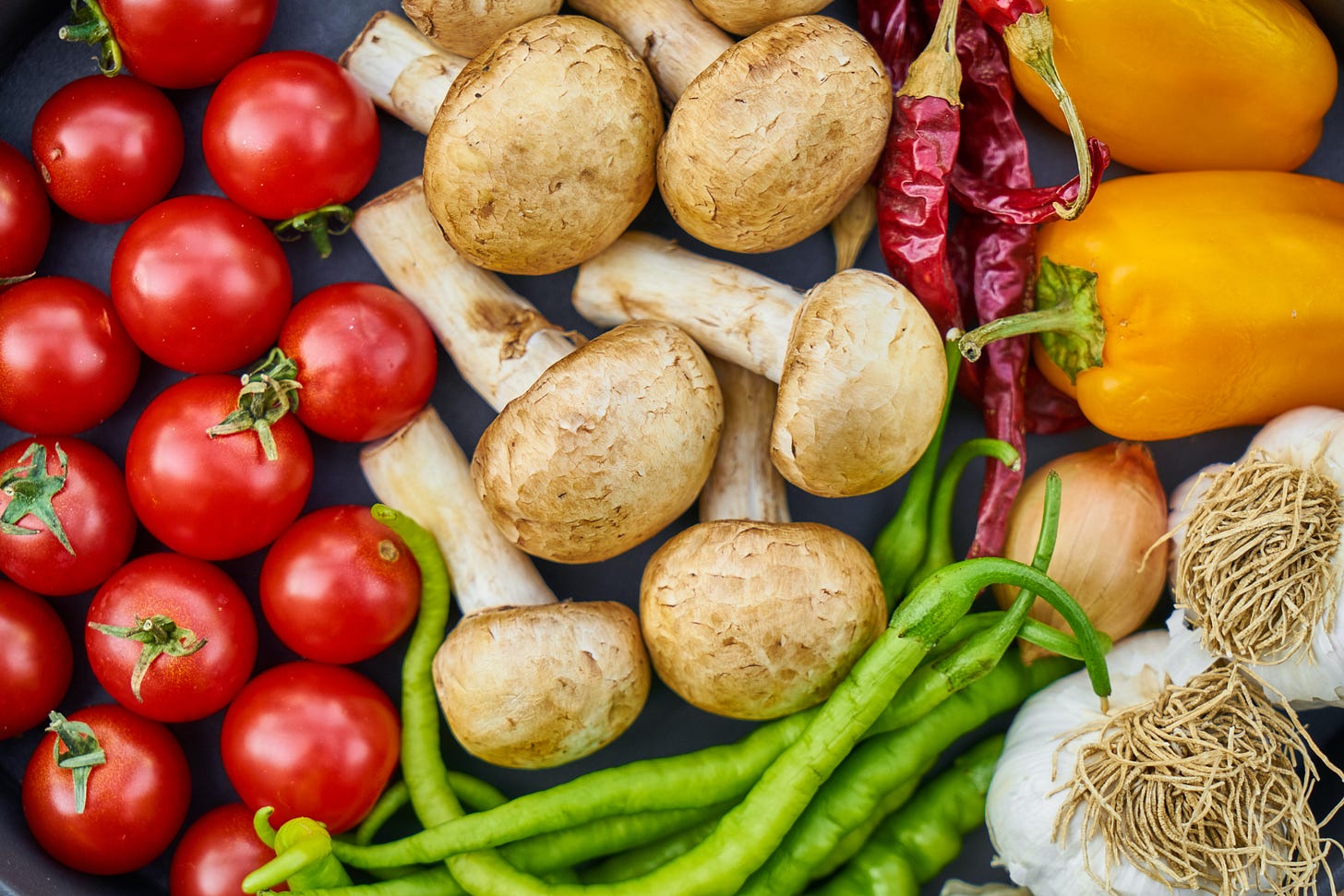Why Can't We Define Food as Medicine?
We're still struggling to understand what food as medicine can (and should) be.
For the last month, I’ve been conducting interviews with a range of stakeholders on food insecurity as part of a research project with NYU. What has struck me, aside from the incredible depth and breadth of people’s knowledge and enthusiasm for supporting change in our food system, is how often food as medicine came up organically as a potential solution. And in each conversation, the way that food as medicine was identified, thought of, or defined was completely different.
A nonprofit director sees food as a human right, a root cause of health issues, and the responsibility of food distributors to fix. He advocated for grocery stores to partner with local farms to deliver food directly to families in need, reducing the stigma of going to a food pantry or receiving cast-off products that can’t be sold.
A program officer at a large foundation opted to define food as medicine as programs strictly tied to measurable outcomes in healthcare settings. These programs—most notably medically tailored meals and produce prescription programs—are getting a lot of interest at the moment because they can request reimbursement via Medicare and Medicaid. Investment in these interventions demonstrate a path to sustainability if they lead to improved outcomes, because they can ultimately be folded into federal funding.
A regional food advocate views food access as food as medicine. She notes that access to healthy local food can reduce not only diet-related health disparities but also mental health and anxiety challenges. Farms, and their ability to provide nutrient-dense food locally, play a key role in this approach, which relies on community advocacy, coalition building, and effective distribution of products.
A food hub manager immediately began to speak about the impacts of food on the brain, particularly for children’s development. She emphasized nutrition education so people could understand how to better cook to support their health needs with the products they might be able to access via the Supplemental Nutrition Assistance Program (SNAP), at food pantries, and at schools.
The ideas of what food as medicine can be are as varied as our diet choices. A common theme I’ve noticed about all of these definitions is that they rely on a mix of both individual choice and responsibility (i.e. people demanding fresh, local, and healthy foods like fruits and vegetables, and understanding how to cook them), and systems level change (reimbursement models, improved distribution, etc.). It’s exciting and inspiring that the term “food as medicine” can inspire so much cross-sectional dreaming.
It also makes sense that there’s so much variation in our understanding of what food as medicine can or should be. The idea that food can be medicine isn’t new, and has been practiced informally across multiple cultures for thousands of years. One of the main critiques of the food as medicine movement is our collective insistence on commodifying and measuring something that many cultures around the world already implement. Still others emphasize the importance of separating food from medicine, arguing that it conflates two wildly different approaches, processes, and understandings of what we put into our bodies.
Still, we cannot seem to settle on a definition of what food as medicine actually is. While it has grown over the last few years into a capital-I “intervention”, even healthcare institutions have yet to come up with a collective definition of what these interventions should be, and how they should be implemented. Within NYC alone, multiple healthcare institutions define food as medicine differently. Health and Hospitals is focusing on produce prescriptions as a way to address childhood obesity. Mt. Sinai has an entirely separate program building on produce prescription practices but also incorporating local community buy-in and partnerships with local farmers. New York State has a separate Food as Medicine Initiative focused on connecting Medicaid patients to medically tailored meals. These are all admirable programs, but their areas of overlap and distinction from one another still leaves lots of room for confusion.
As this field grows (and it is growing - venture capitalists are starting to get wise, and a collection of investors recently committed over $2.5B to fund new initiatives), coming up with a collectively agreed upon definition will be critical to ensure some level of rigor across programs. But, it’s still worth considering what’s gained and lost when we narrow in on a definition of something that continues to prove so expansive. On one hand, having a clear definition makes it possible to categorize data, track efficacy, move forward legislation and enact policy that can help lots of people. On the other hand, it might limit our understanding, and by extension, the kind of funding and support that be mustered to invest in programs that remain absolutely critical.
At least today, food as medicine is still kind of what you make of it. For me, that means affirming that food can and should be used in partnership with allopathic medicine to sustain health and prevent or alleviate disease where possible. I believe that not only is the food we put into our bodies medicinal, but the process of cooking and sharing meals with others does a lot more good than studies can ever articulate. And I trust that even if we end up with a somewhat more narrow definition of what food as medicine is defined to be, many of us will still use food, in some way, to support ourselves.
Now I’m curious. How do you think food as medicine should be defined?





